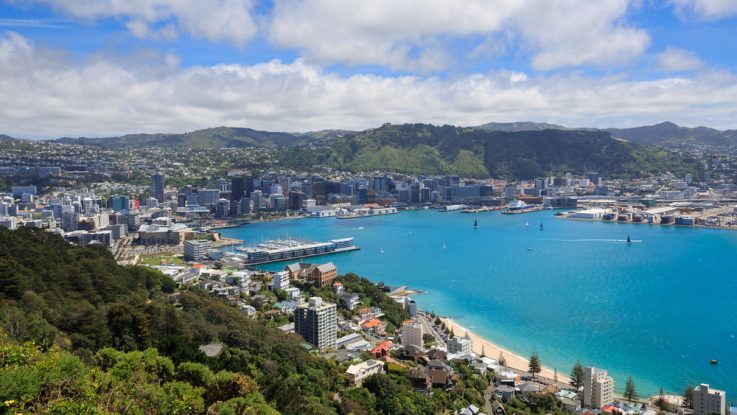
Kaicycle – an urban farm in Wellington, NZ – has been providing composting services to local businesses and households for the last nine years, helping communities recycle their food waste and growing nutrient dense food. It recently received a grant from the Wellington City Council Waste Minimisation Seed fund to set up a new Hot Rot composting machine and develop an app to continue to support local composting.
The Hot Rot composting machine allows Kaicycle to recycle an additional 50 tonnes of food scraps from businesses and households in the city, along with scaling up their level of composting.
“We’d been composting a lot of food scraps at our urban farm in Newtown for years, which works really well but involves a lot of turning compost by hand! We started looking into equipment that would enable us to scale up and get more food scraps out of landfill and make more good compost to build local food resilience – while being kinder to our backs, “ said Composting Manager of Kaicycle, Kate Walmsley.
Wellington City Council Senior Waste Minimisation Officer, Joanna Langford, said the Council has a goal to reduce organic waste to landfill by 50-70% by the year 2030, as part of the Council’s zero waste strategy. Kaicycle’s solution for businesses is helping to achieve the city’s zero waste goals by saving tonnes of resources from going to landfill.
“Food scraps and garden waste make up about 58% of what households put in their rubbish. Composting reduces the production of methane, a powerful greenhouse gas, from landfill and helps retain valuable soil nutrients. But good compost can be hard to come by, and expensive! There is so much potential to transform underutilized spaces and grow more food in our city – but plenty of compost is needed to make our urban soils healthier and more productive, “ said Langford.